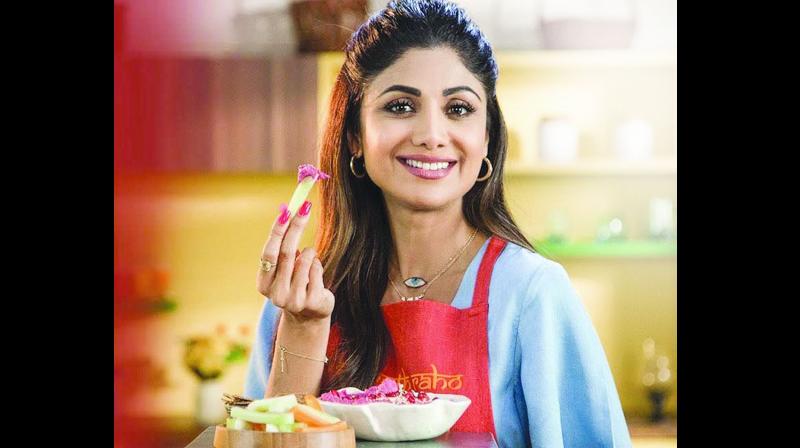Going to extremes
While vegetarianism avoids meats, veganism is even more dangerous as it cuts out all animal products.

A new study published in the British Medical Journal last week, has suggested that vegetarians and vegans are at a higher risk of stroke, throwing popular notions of the massive health benefits of such diets into disarray. Though such foods are associated with better cardiovascular health, the report states that people with non-meat diets may have a higher risk of stroke, albeit a lower risk of heart disease.
The study tracked the diets of 48,000 healthy people over the course of 18 years and created a flurry in the medical world that usually encourages people to limit
consumption of meat, particularly red and processed varieties.
But even as it could not prove whether the effect was down to diet or some other aspect of people’s lifestyle, doctors explain why such diets, especially
veganism, may carry serious health risks.
Missing out on nutrients
Excessive consumption of processed foods and a misconception about proteins are some of the problems we face, says Dr Sujatha Stephen, chief nutritionist at
Yashoda Hospital. The wellness expert says, “I see a lot of people with Vitamin B12, calcium and protein deficiencies because of their diets. People think they
are healthy because they are not eating meat but they have no idea of the nutrients that they are missing.”
She adds, “They don’t meet even 10 per cent of their daily protein requirements. This can cause severe metabolic disorders and hormonal imbalances, leading to
thyroid problems, irregular periods and other health conditions.”
For example, the South Indian sambar that is served along with idlis is so diluted that it doesn’t amount to much at all. People think of paneer as an exotic food
and that milk will make them fat. “But they need at least 60-75 grams of paneer and 500 ml of milk a day. Their diet should include boiled or soaked chickpeas,
lentils and sprouts. Children should include cheese and butter in their diets to maintain muscle strength and development,” says Dr Stephen.
While vegetarianism avoids meats, veganism is even more dangerous as it cuts out all animal products. “There is a misconception that soya can cause thyroid.
This becomes a cause for concern amongst vegans as they can become malnourished. They in fact, need to include lots of proteins and soya in their diets. Vegans should make sure that they should take enough protein and minerals to gain energy and stamina,” she explains.
Rising numbers
Senior nutritionist and managing director at Jyoti Wellness, Dr Jyoti Chabria believes in counselling and helping her patients’ health issues through natural and effective diets. She feels that vegan diet is not advisable in the long run.
“I have almost 30 years of experience and maybe I am a bit old-school, but I believe all nutrients are important and every nutrient has its own role to play. So
completely stopping one kind of nutrient is not the best idea,” she states.
Interestingly, as per the sample registration system baseline survey 2014 published by the Registrar General of India, 71 per cent of Indians were found to be non-vegetarian, with only 28.85 per cent being vegetarian. Significantly, the percentage of non-vegetarians has dropped from 75 per cent in 2004, accounting for an estimated 50 million additional people turning vegetarian in the same time period, confirms Dr Chabria.
Need for a well-balanced diet
“Veganism is catching on while vegetarianism is also gaining in popularity. But like with all other fad diets, it might be a ripple effect before things go back to
normal,” feels Dr Chabria, adding, “It is a good thing to be conscious about animal slaughter but on the flipside, we should keep our quality of food in mind. We are consuming lots more synthetic products and artificially grown foods that may lack the nutrients our bodies need.” She says she would never advise a complete fat-free or cholesterol-free diet even to her patients.
“A vegetarian diet is good for a healthy mind and body and sattvik diet is pretty good too. But it worked at an age when food was not adulterated or genetically
modified. Since the authenticity of food in modern times is questionable, a judicious use of everything makes sense,” she explains.

